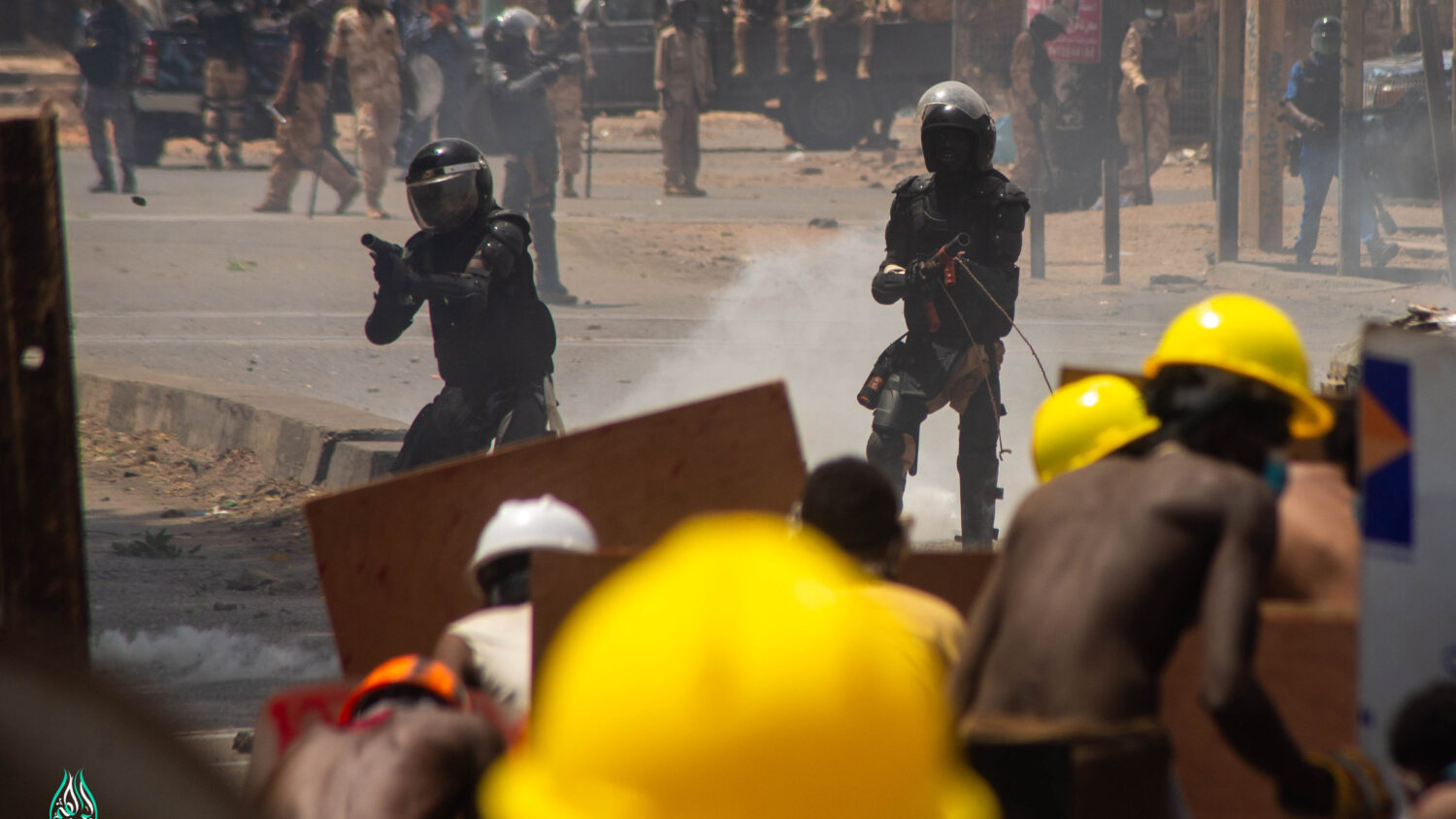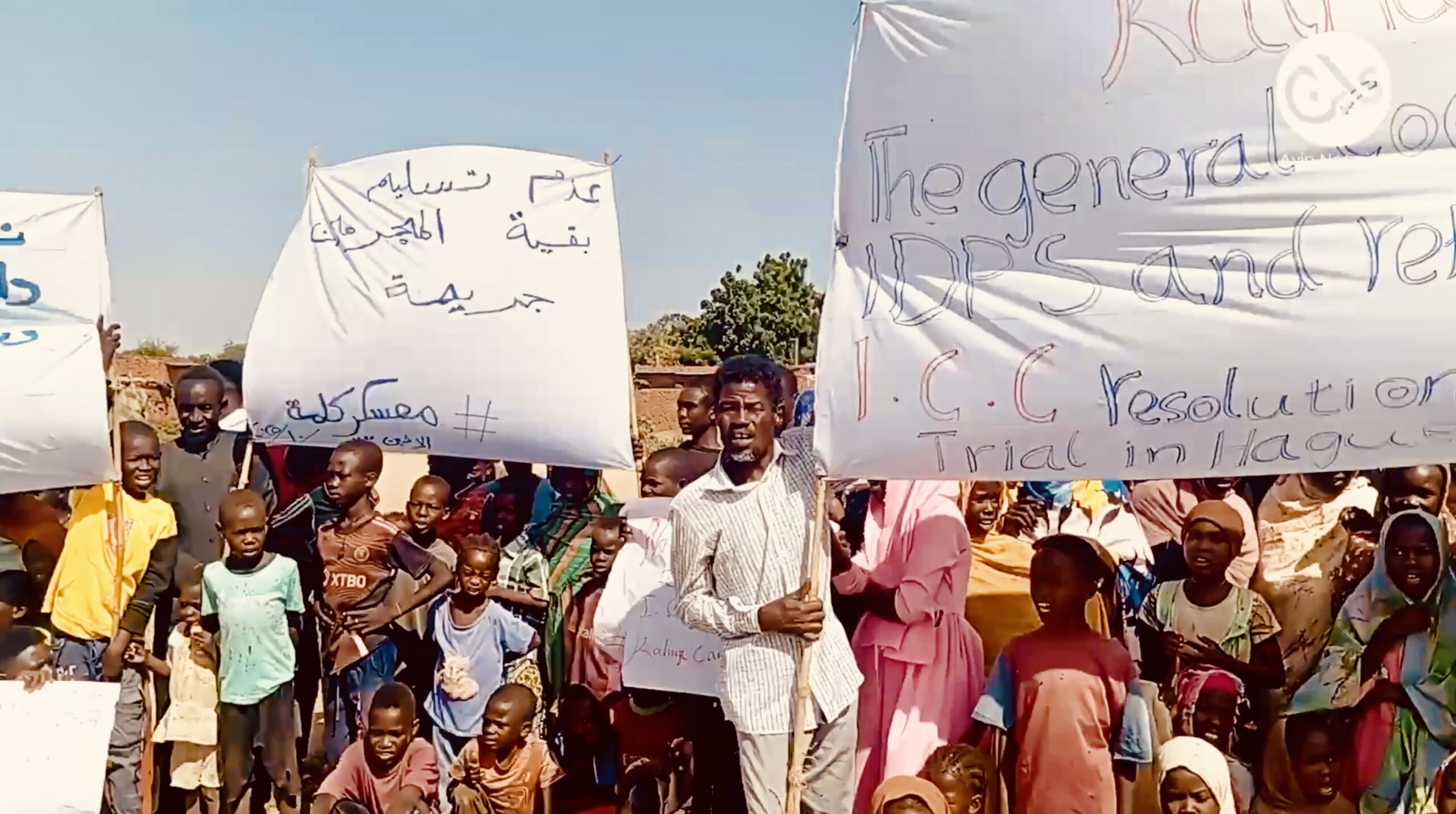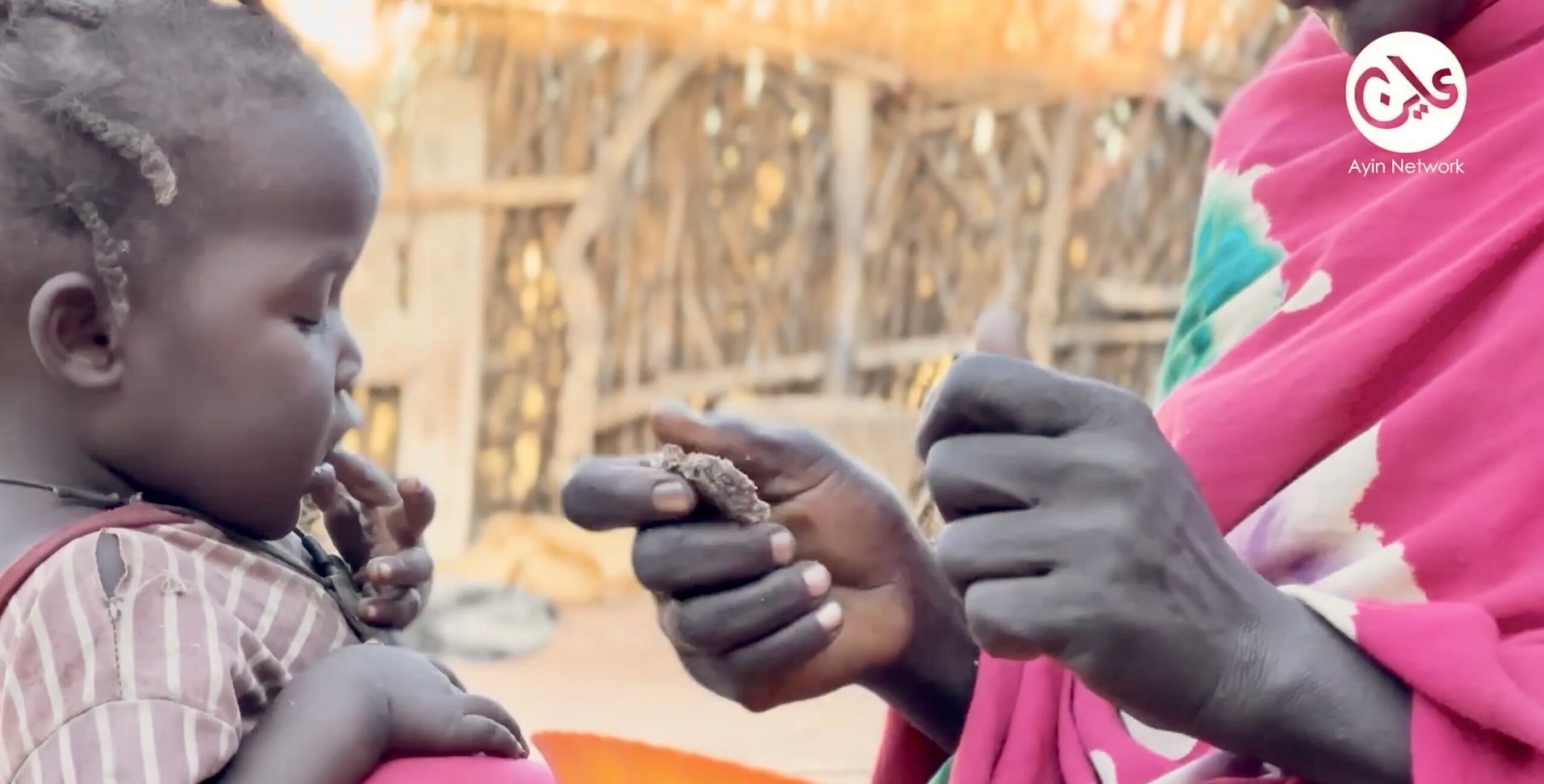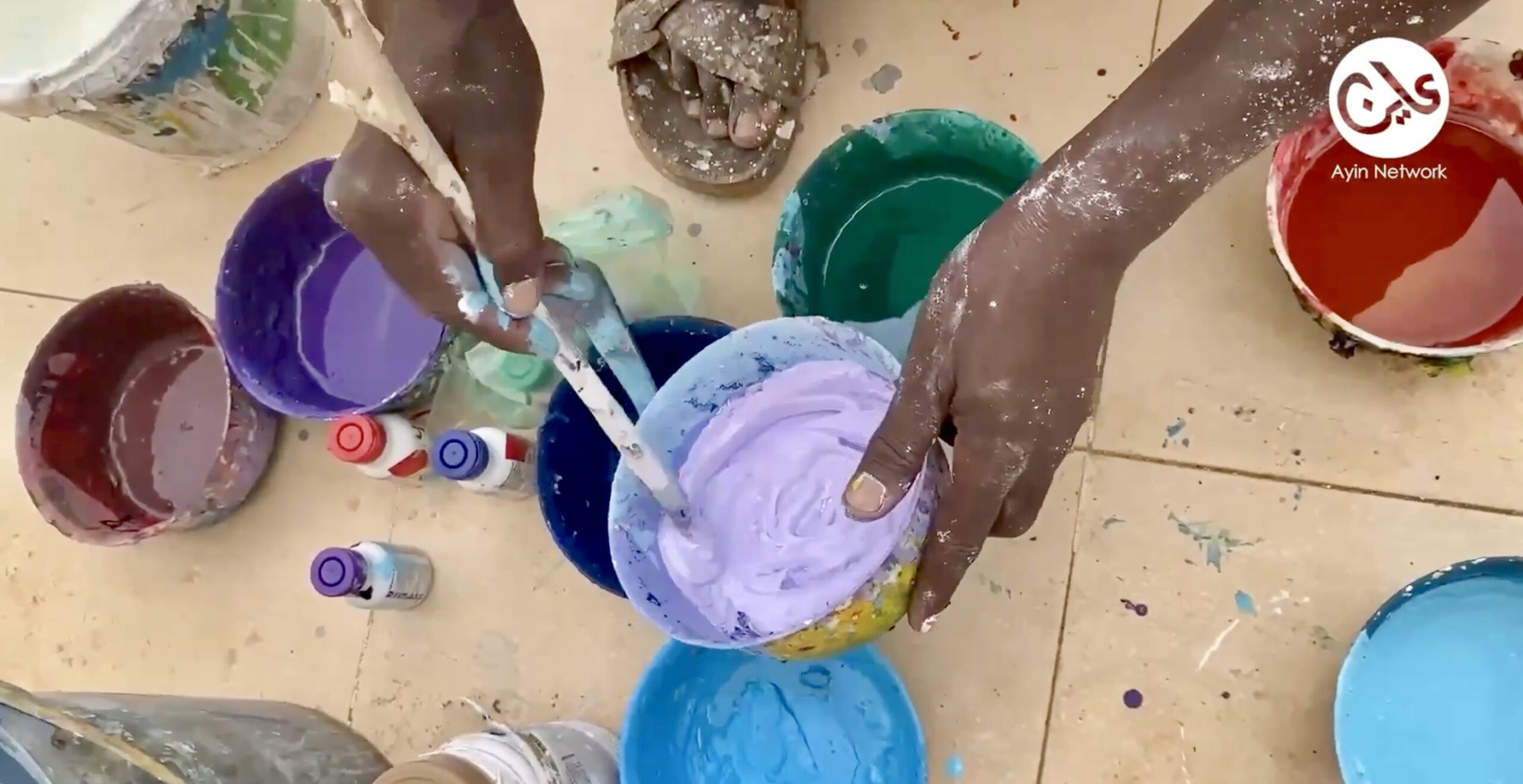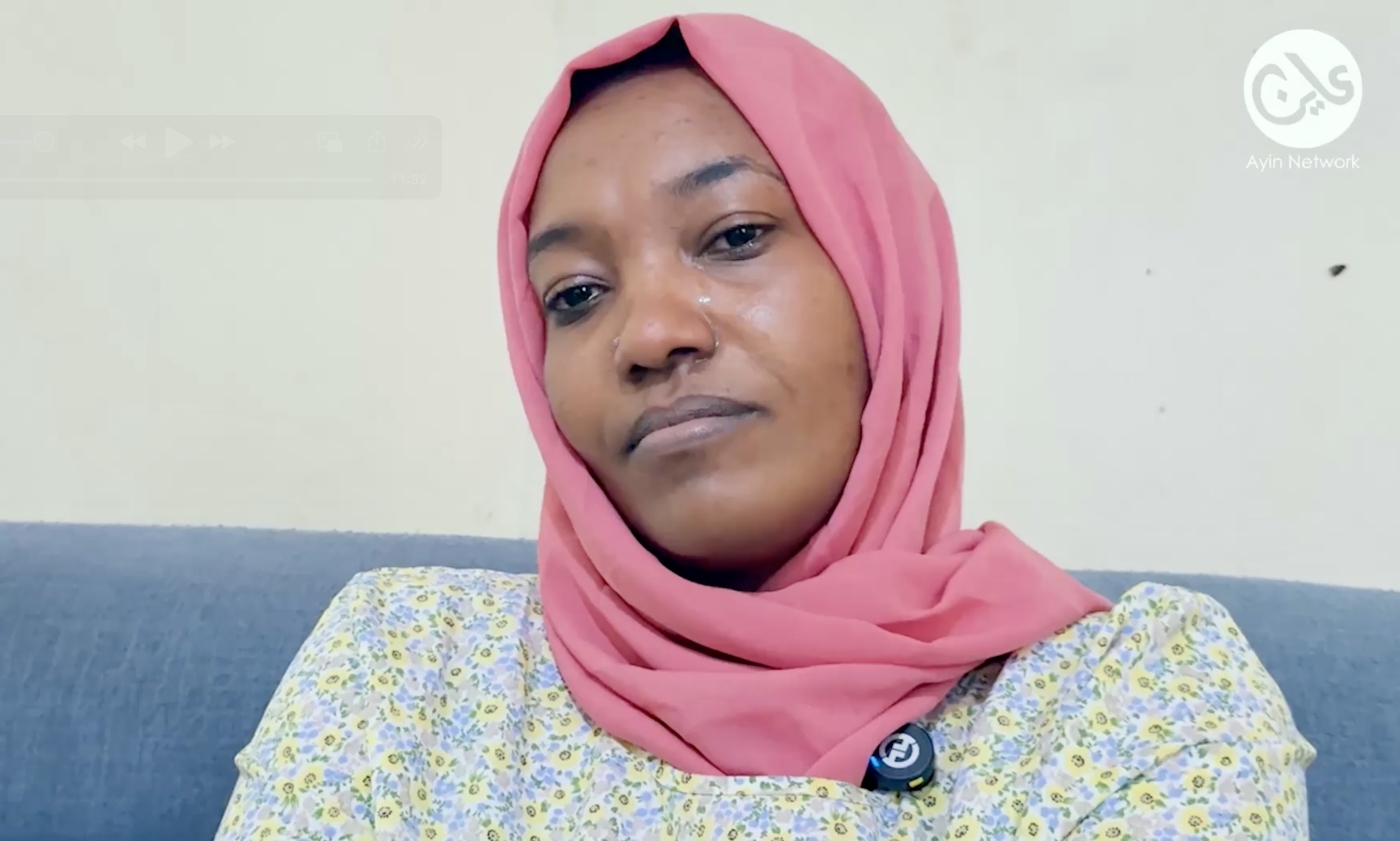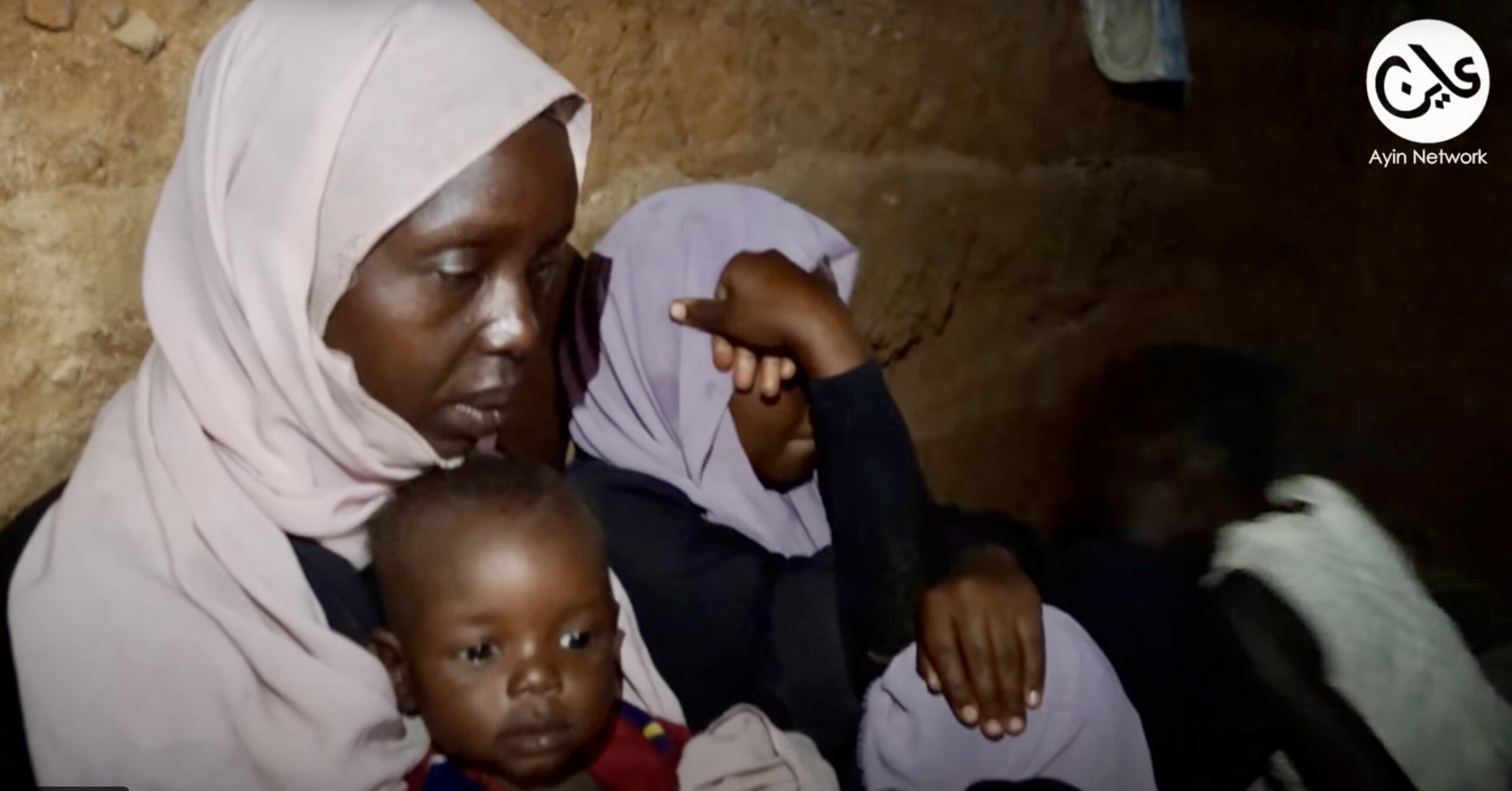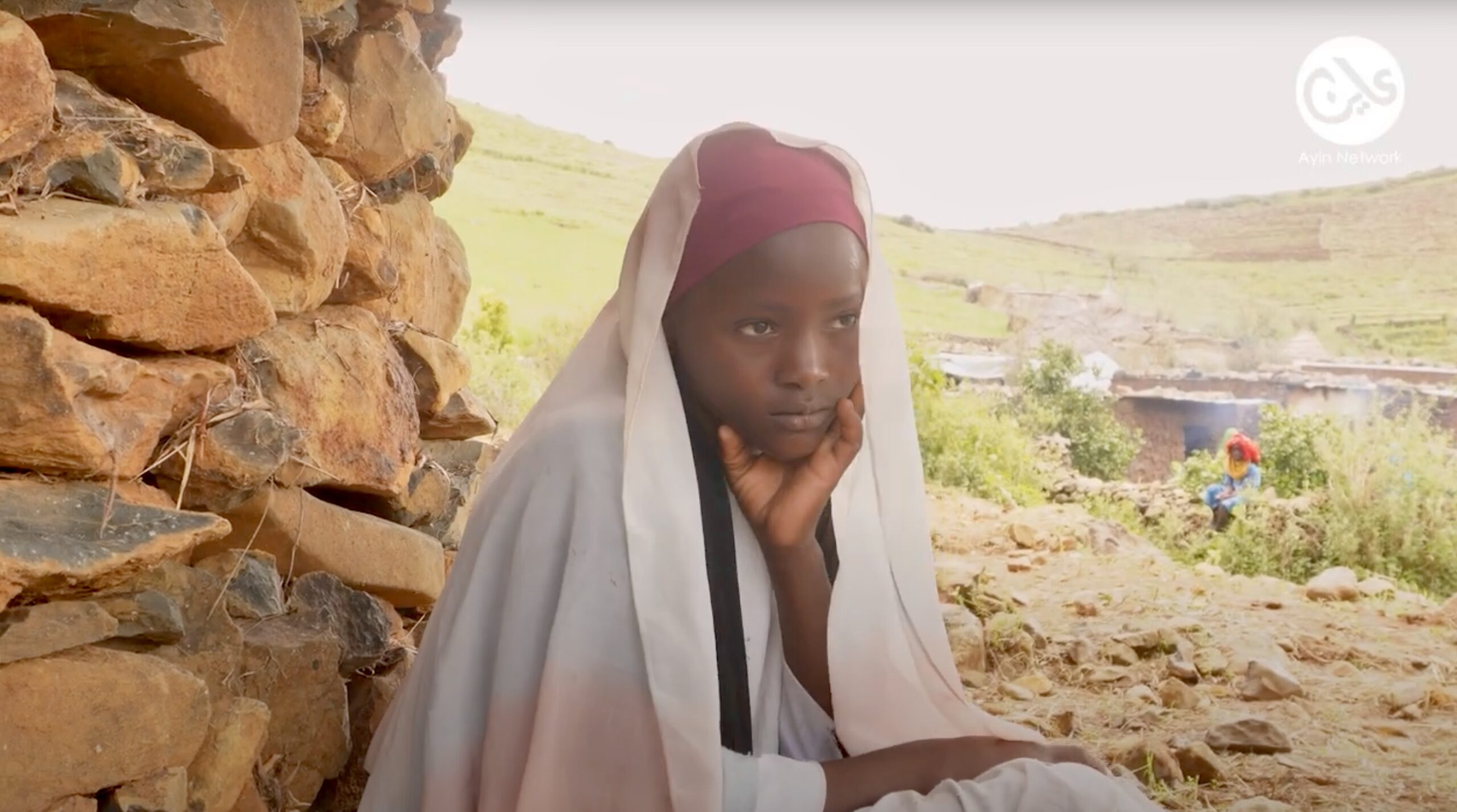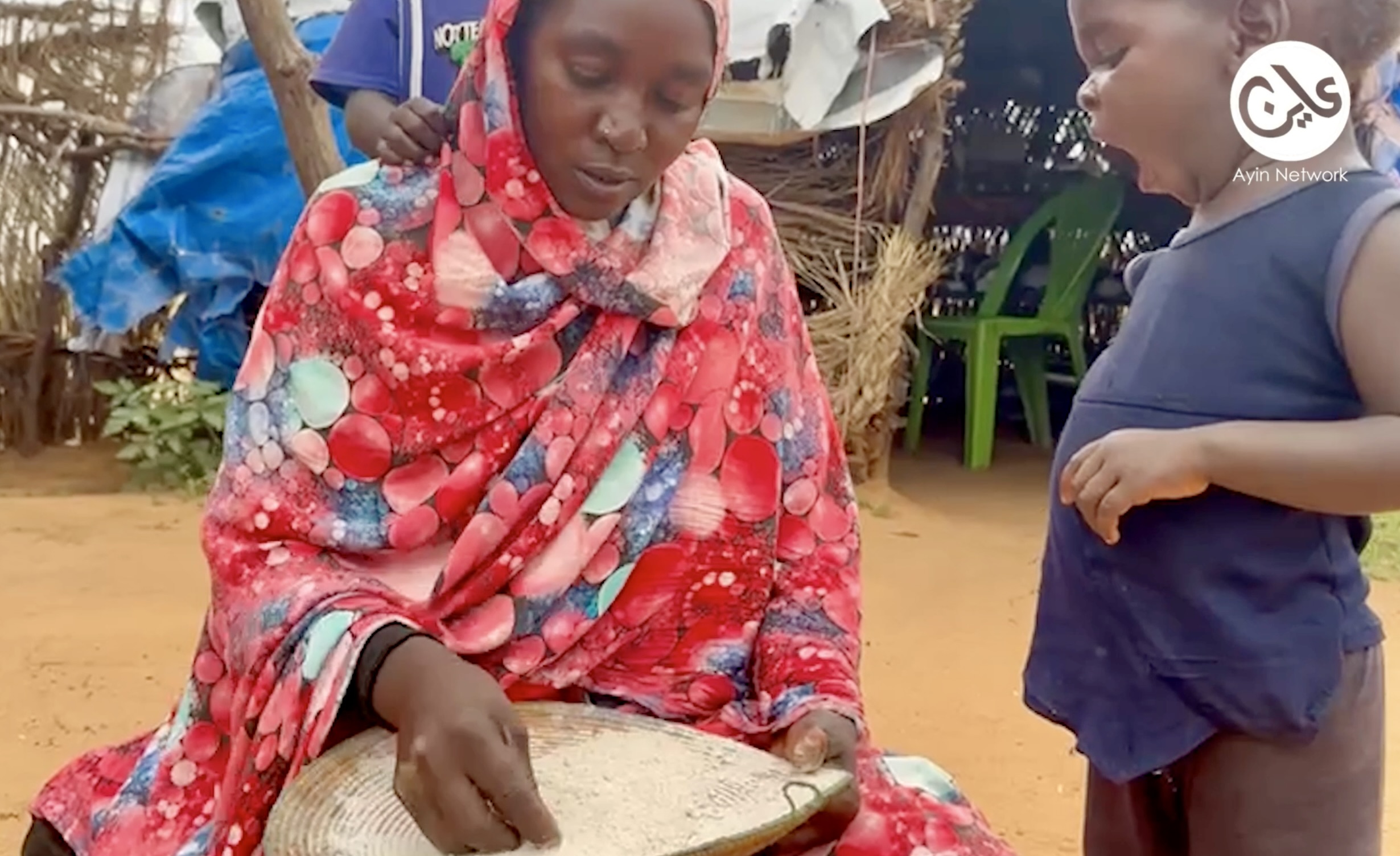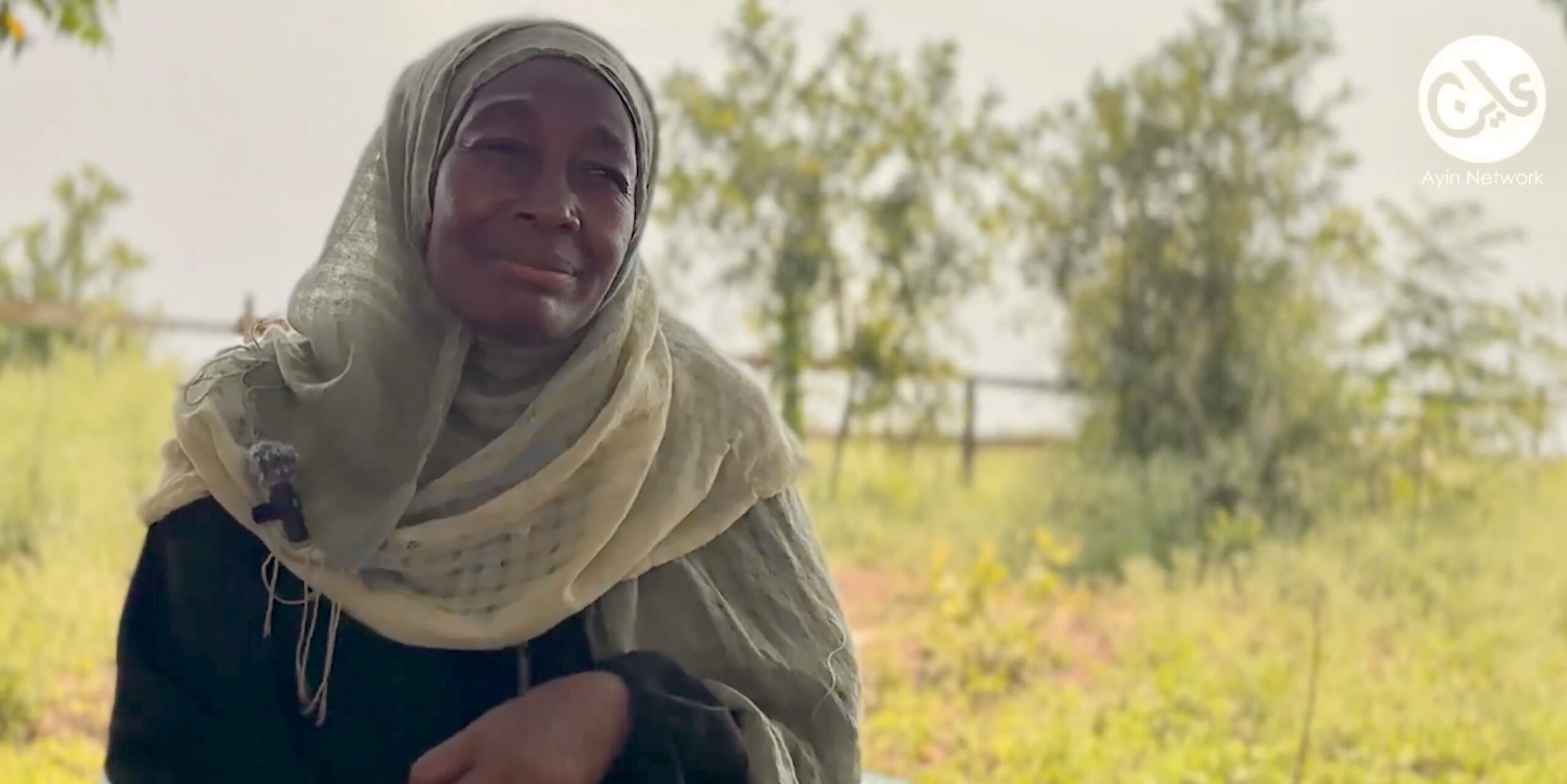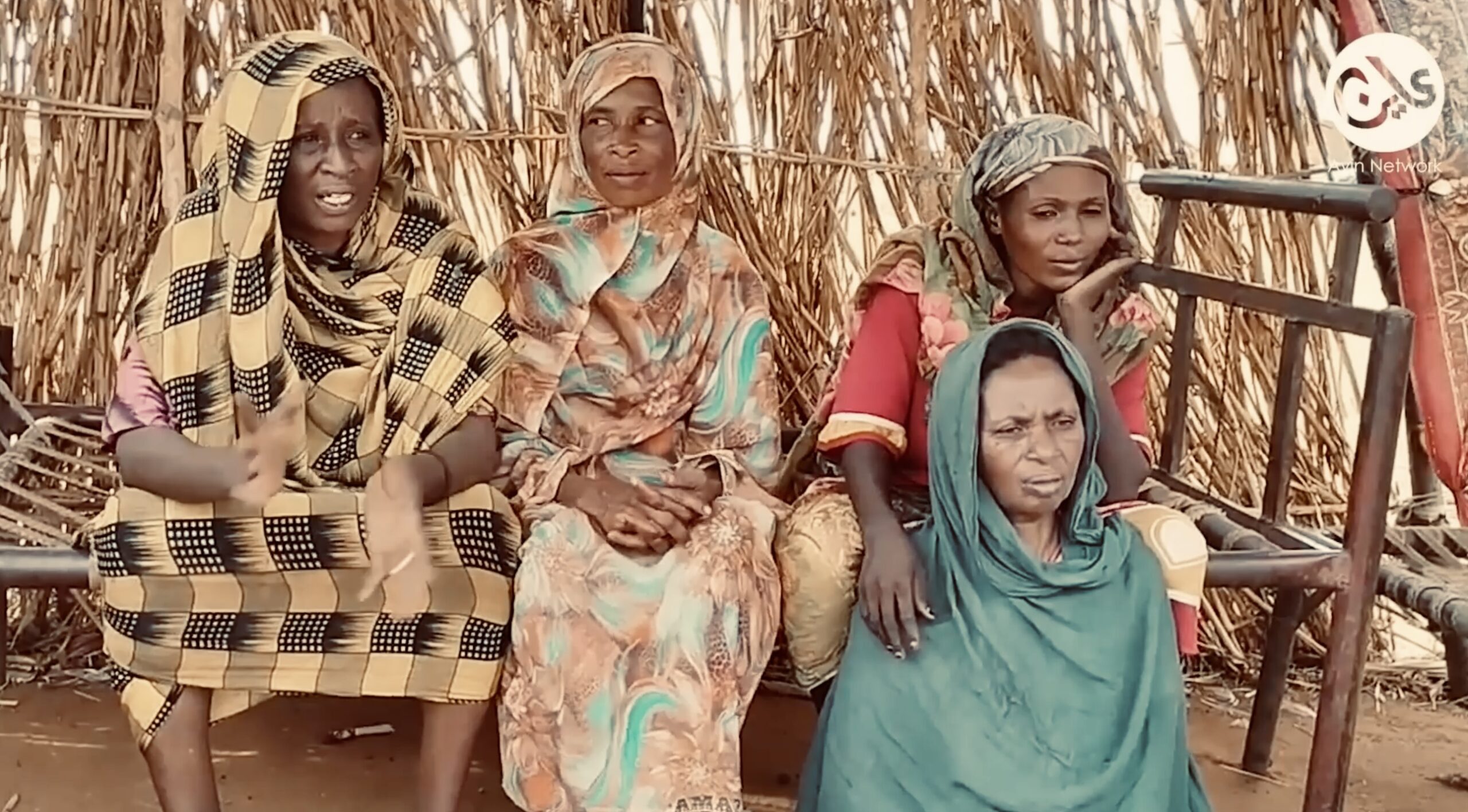Killed by stones – a new tactic to repress the street protests
7 January 2020
As political parties and the military prepare for the second round of a negotiated settlement to end the military coup and usher in civilian rule, the anti-coup street protests continue –and so do the brutal tactics used by security forces to repress them.
In late 2022, security forces started to use a new tactic to suppress the ongoing demonstrations against military authorities: launching rocks, glass, and other shrapnel at civilians.
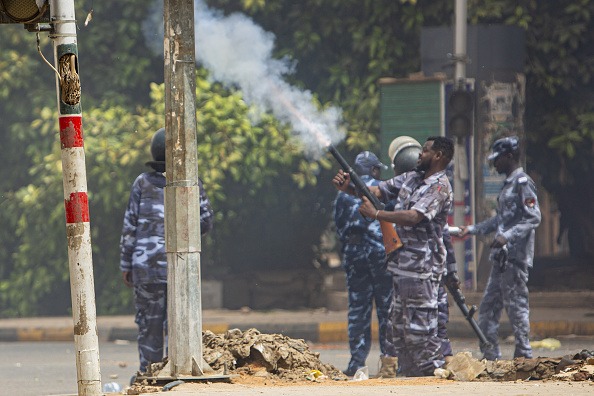
“Oplin”
Security forces are using what is referred to as the “oplin” weapon –essentially a cartridge projectile that is designed to fire tear gas canisters says retired police officer Al-Tayib Othman. But recently security forces have been modifying the weapon and filling it with stones, glass, and other shrapnel to injure and kill protestors. The weapon has been used by security personnel as a rifle with a wide nozzle as well as fitted onto vehicles. “Unfortunately, the police use of the oplin does not take place strictly among its personnel on the ground,” Othman told Ayin, “but the police use this weapon in their armoured vehicles that have launchers installed.”
Sudan’s Central Committee of Doctors has confirmed two deaths linked to this new weapon in late November last year, among multiple injuries. Both fatal victims of the “oplin” weapon died just days apart from each other.
Both victims also happened to be close friends.
“Mohamed Nader was shot before Mohamed Omar,” recalls Mohamed Omar’s mother, Naseem Mahadi. “Mohamed Nader was shot on Wednesday around 5 in the evening. While he was receiving treatment, my son was shot the next day.” According to Nader’s medical report, the young law student of 20 years died from a stone lodged into his skull. Omar, his close friend of the same age, visited him in the hospital before Nader died of his injuries. In a cruel twist of fate, Omar also died from the same weapon the following day after a stone fired from the “oplin” weapon hit his liver.
You can’t kill humans in such a manner,” said Mohamed Nader’s father, Nader el-Fadil, “it’s brutal and merciless.” An estimated 121 anti-coup protestors have been killed by security forces since the coup on 25 October 2021, according to the Central Committee of Sudanese Doctors.
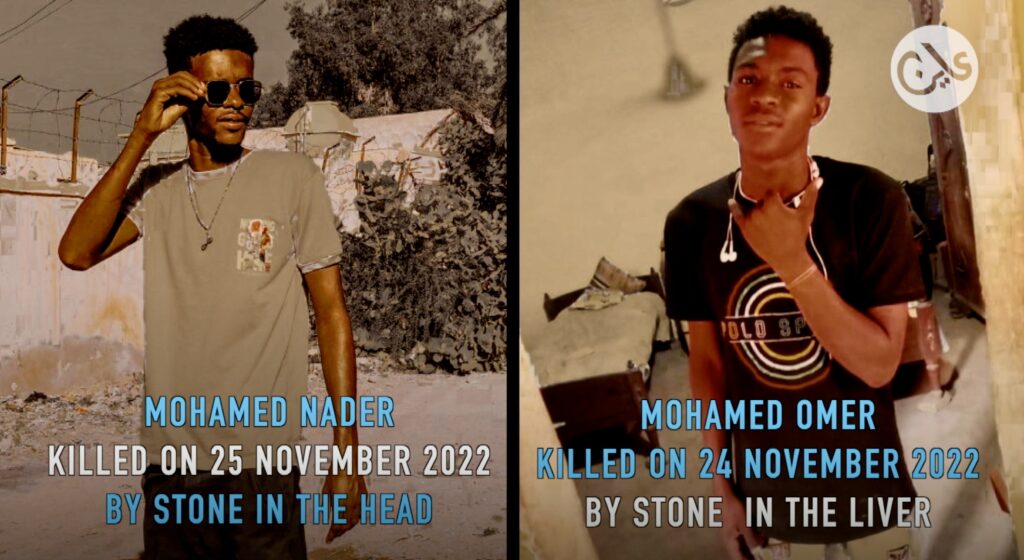
Given the vast array of devices already used by security forces to suppress the demonstrations, from water cannons, tear gas, birdshot, rubber bullets –even live bullets, there seems little reason to resort to this archaic weaponry. Dr. Ala El-Deen Awad, an organ transplant surgeon and Secretary General of the Sudan Association of Surgeons, says the reason for using “oplin” is simple: it’s cheap. “The coup leaders want to kill more people, but they are poor –that’s why they are using ‘oplin’ weapons that can injure or kill a number of people with one shot,” Dr. Awad told Ayin. “Loading stones, broken glass, and screws into a projectile is totally immoral and inhumane.” Besides being cost-effective, the “oplin” weapon also helps the perpetrator target civilians with impunity. According to lawyer Rehab El Mubarak, who is part of the Emergency Lawyers –a group of advocates who assist the anti-coup protestors with pro bono legal services- security forces use the “oplin” weapon since they can attack with impunity. With the “oplin” weapon, she says, a perpetrator cannot be identified, unlike gunfire through which the assailant can be found by tracing the bullet.
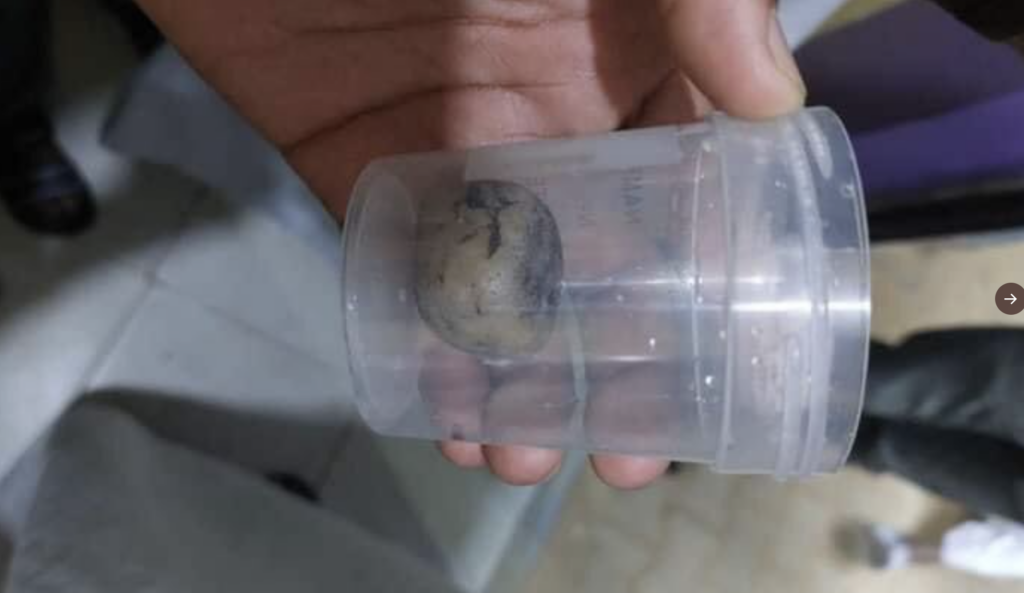
Criminally calculated
While the “oplin” weapon may be able to conceal the individual perpetrator, the design and use of this weapon come from the top. According to retired police officer Othman, this weapon is not a makeshift adaption used by a few bad actors on the ground – but something deliberate and planned from the headquarters of Sudan’s security. “The question is can stones be loaded into projectiles at home or at the police station? The answer is no, the process requires sophisticated devices,” he said. The only place such weapons could be developed is at the Sudan Military Industrialisation Centre – Yermuk Munitions Factory, Othman told Ayin.
Unlike other cases, there is a ray of hope those who have used the “oplin” weapon against protestors may be held accountable. In late December, a memorandum signed by 90 lawyers called on authorities to form a committee to investigate the use of this projectile weapon. In the same month, Sudan’s Attorney General, Khalifa Ahmed Khalifa assigned prosecutor Dr. Al-Tahir Abd Al-Rahman to form a committee and investigate this matter.
But for many protestors, the constant attacks by security forces have dissipated any sense of trust or goodwill towards the military –making the current negotiations between the political parties and military a moot exercise. Doctor Amjad Farid has treated countless patients who have been targeted by security forces. “The continued repression and killing of demonstrators confirm the military rulers’ lack of seriousness in reaching any political solution,” he said. On 8 January, the discussions between members of the Forces for Freedom and Change – Central Council and the military will resume –with international mediators and supporters at their side. It remains to be seen if protests against this meeting will take place and whether the security forces will, once again, repress these voices by launching stones and broken glass.
“I want justice not just for my son but for all,” says the mother of Mohamed Nader, May el-Badry. “Every day children are dying in ones and tens. My son died and elsewhere other children died. When will justice come and who will serve that justice?”




